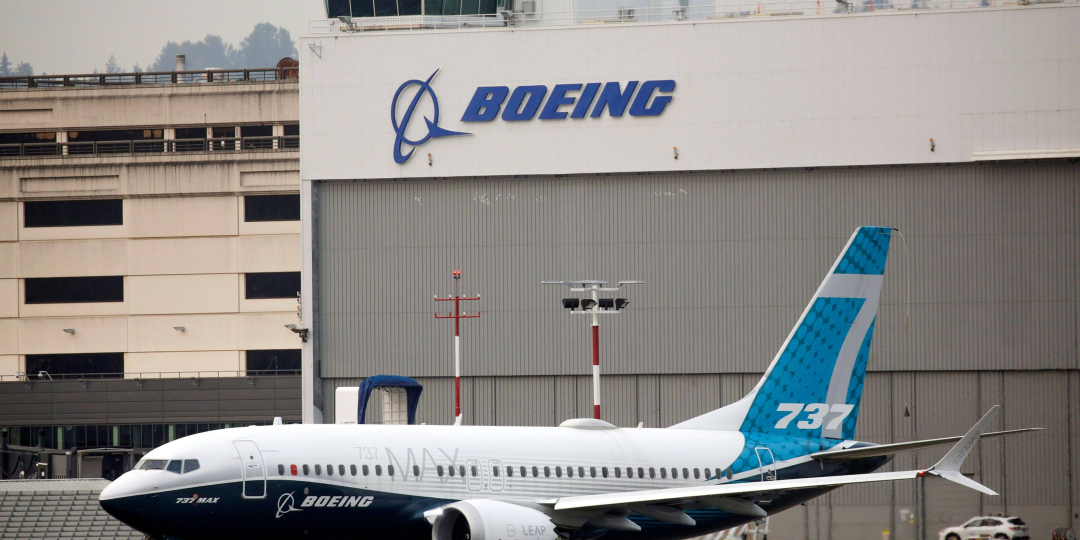As a result of a crippling strike that began on Friday, September 13, Boeing is suspending the jobs of “tens of thousands” of staff, putting them on furlough, reports bbc.com.
The aircraft manufacturer said US-based executives, managers and staff would be asked to take a week of furlough every four weeks, for as long as the strike lasts.
More than 30 000 Boeing factory workers in the US are on strike over pay and retirement packages. Government officials are now reported to be mediating talks between the two parties.
Boeing has been operating under pressure since the onset of a series of incidents starting with the two tragedies of the B737-8MAX aircraft in 2018 and 2019 and subsequent investigations into the company and its processes. The COVID-19 pandemic sent the company reeling. Faults in certain aircraft appearing before, during and after the pandemic have also taken their toll. CEO Dave Calhoun and other executives resigned during 2024.
Some experts say the strike is likely to exacerbate the global shortage of aircraft long enough for many airlines to miss the last of the high-demand wave that has been in play since the end of the pandemic, and that demand would fall before capacity caught up.
Now, the strike threatens to cost Boeing billions of dollars. Because the company is such a major player in the US economy, the ripples from the strike are already being felt by other sectors of the economy like shippers. The aircraft manufacturer has halted shipments of many parts, put incoming aircraft orders on hold and put a freeze on employment in order to save money.
Boeing is now in danger of being rated ‘junk’ stock. Its shares were at a high of US$440 (R7 700) in March 2019 but the strike is the latest black cloud that has helped drop it to its present level of around US$155 (R2 720) on September 19.
Boeing is a massive employer, with around 150 000 employees across the US.














